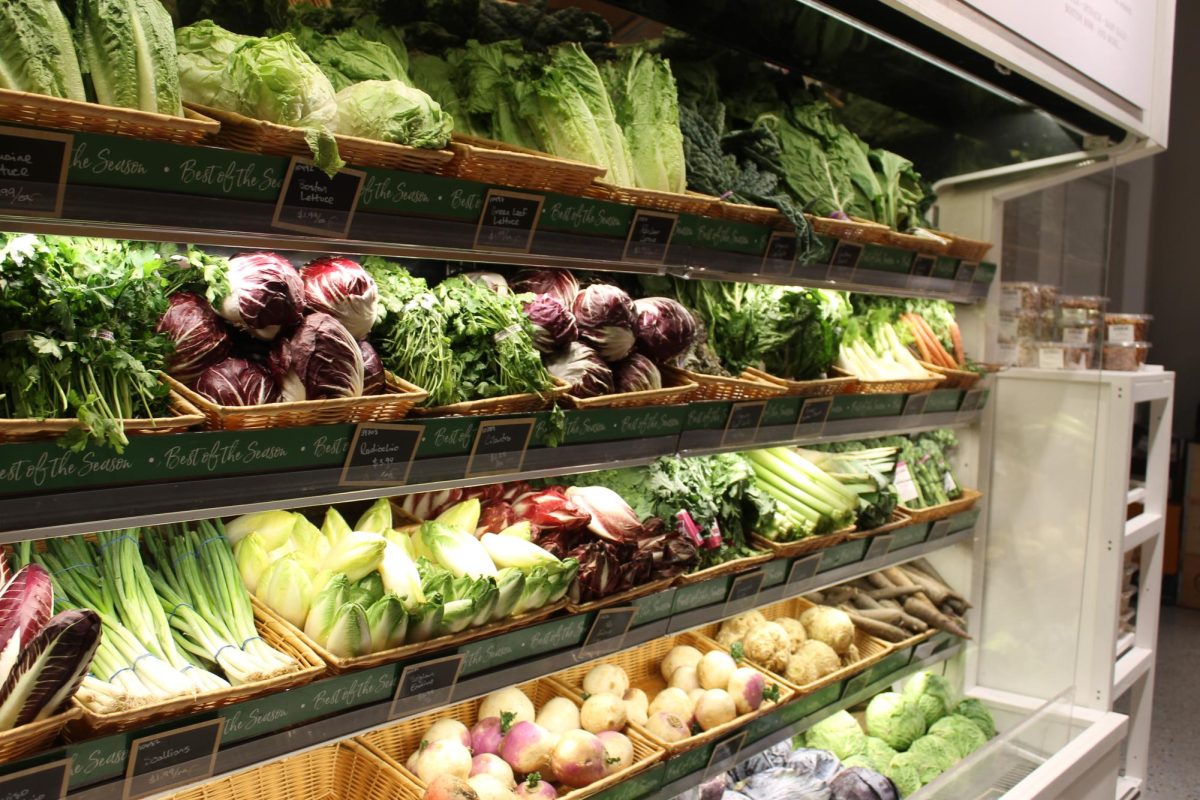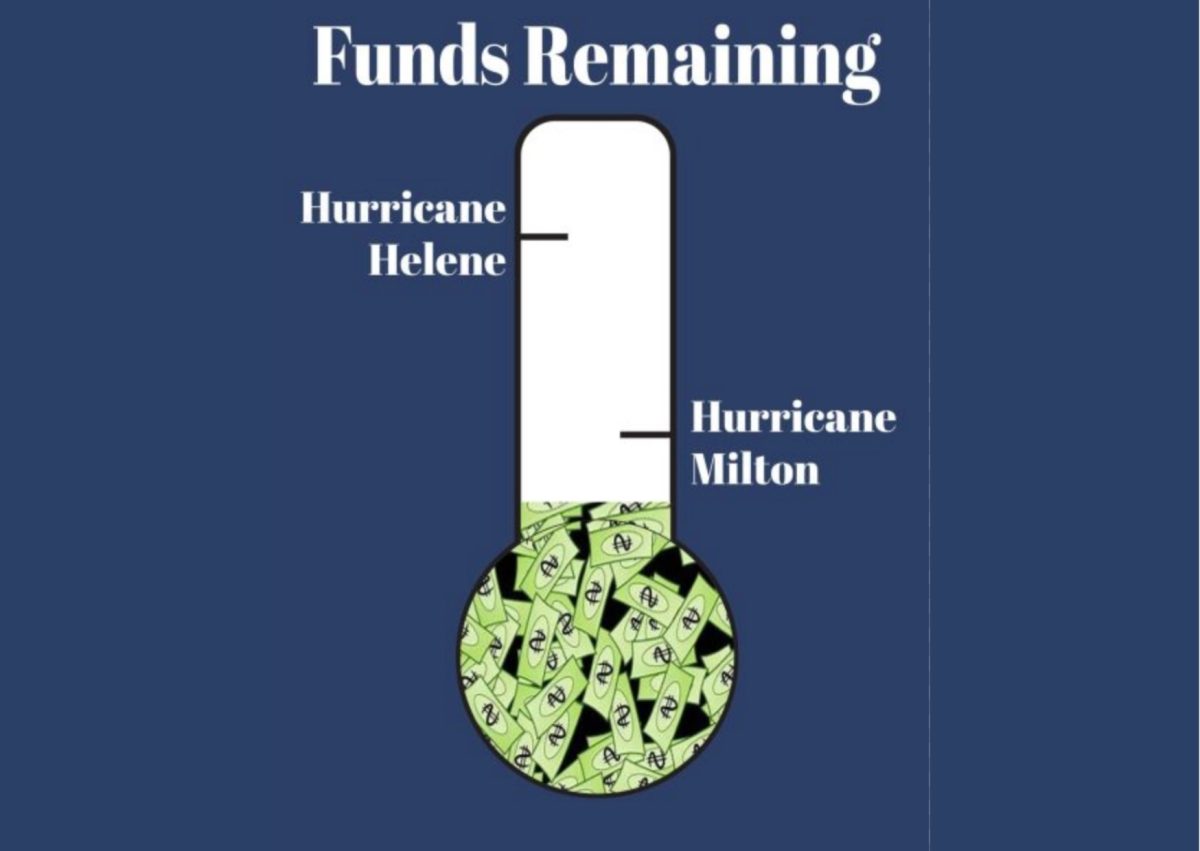A bill that has been in place since the Dust Bowl nearly a century ago may not be renewed this year.
This bill is the Farm Bill, a bill that has acted to protect farmers for decades, and has simultaneously protected the American people from food shortages. The bill provides support for farmers and prevents the agricultural society in America from collapsing. It does this by creating safety net programs and farm loans that cover production margins.
“The purpose of this bill is to make the prices fair on both sides, for the consumers and the farmers, and with this bill people on all sides would feel the effects of rising prices far less,” National Sustainable Agriculture Coalition member Hannah Quigley said.
Additionally, the Farm Bill provides disaster support in the event of a crisis or natural disaster, and seeing as the United States is still in its rainy season with the cold of winter just over the horizon, farmers need as much support as they can get.
“If there would be a natural disaster like a hurricane, like the one we’ve just experienced or something similar, or an economic crash, without this bill there would be very little to support farmers and consumers alike,” Quigley said.
. While in a normal situation there wouldn’t be any debate as to the bill’s passing, this year is different. The bill, while necessary, is expensive, and harder to justify in years where the government’s money is tighter.
“In the current years, America has been spending more money than usual,” Quigley said. “We are in more debt than we usually are, so Congress is very hesitant about committing to renewing the bill.”
However, this bill won’t only affect the farmers of America. If the bill were not to pass, it would affect all sources of sustenance in America, and the effects of this would be felt throughout the entire country.
“The farm bill covers way more than the name implies,” Quigley said “It covers education programs and research programs for agriculture. It covers energy programs that come from biofuel, loans for new or struggling farmers, programs to help low-income families, and even more little things that help our economy and society as a whole.”
This bill provides money to programs that fund nutrition and food programs, as well as nutrition studies. These studies and programs serve to promote healthy eating in America and improve the quality of food, especially for low income families.
The importance of this can be seen not only through obesity rates but also through the most common foods in America, like fried foods, sodas, candies and other heavily processed foods that have made themselves prevalent in American culture.
“In general, homes that are lower socioeconomic status or parents with maybe less education and nutrition education will rely more on processed foods,” dietician Kathleen Davis said.
Access to healthy food is incredibly important in this country because of the workload enforced through eight hour workdays and other responsibilities on families. Parents who work, take care of their children, and their home, all leave very little time to focus on dinner, which usually leads them to fast food or other easy and quick processed foods.
“I think more and more people eat fewer and fewer whole foods and more and more processed foods because we’re all under a lot of time constraints,” Davis said.
Processed food can be especially harmful in children, leading to a lifelong struggle with diabetes, obesity, and heart disease. A study done by the National Library of Medicine showed over half of all caloric intake in adults is in processed foods at 57%, and in children it is even higher at 67%. What makes this so dangerous is that the same study also proved that consuming large amounts of ultra processed food leads to a 31% higher mortality rate.
“I’ve worked with families who have kids with diabetes, with fatty liver disease, and all kinds of obesity related health problems that can be traced back to nutrition,” Davis said.
Nutrition is a large concern for many Americans, especially with obesity rates on the rise, and many parents, such as PTA member and mother Tiffany Luedtke, may find themselves unable to provide healthy foods for their children.
“And I do feel like since our lives are so busy and my twins are in 10th grade, we’re just on the go, and I feel like access to fast food and unhealthy food is just a little bit too easy,” PTA Luedtke said.
In the face of rising prices and stagnant wages, many Americans already fear that they may not be able to pay their next grocery bill. Without the farm bill, many families will have to pay more, and at the same time, farmers would receive less.
“In the immediate years following the bill not passing, I imagine that the price of food would go up, while the payments that farmers got would go down,” Quigley said. “That doesn’t make that much sense, does it? America needs the farm bill. Without it, things would become far more treacherous.”

















